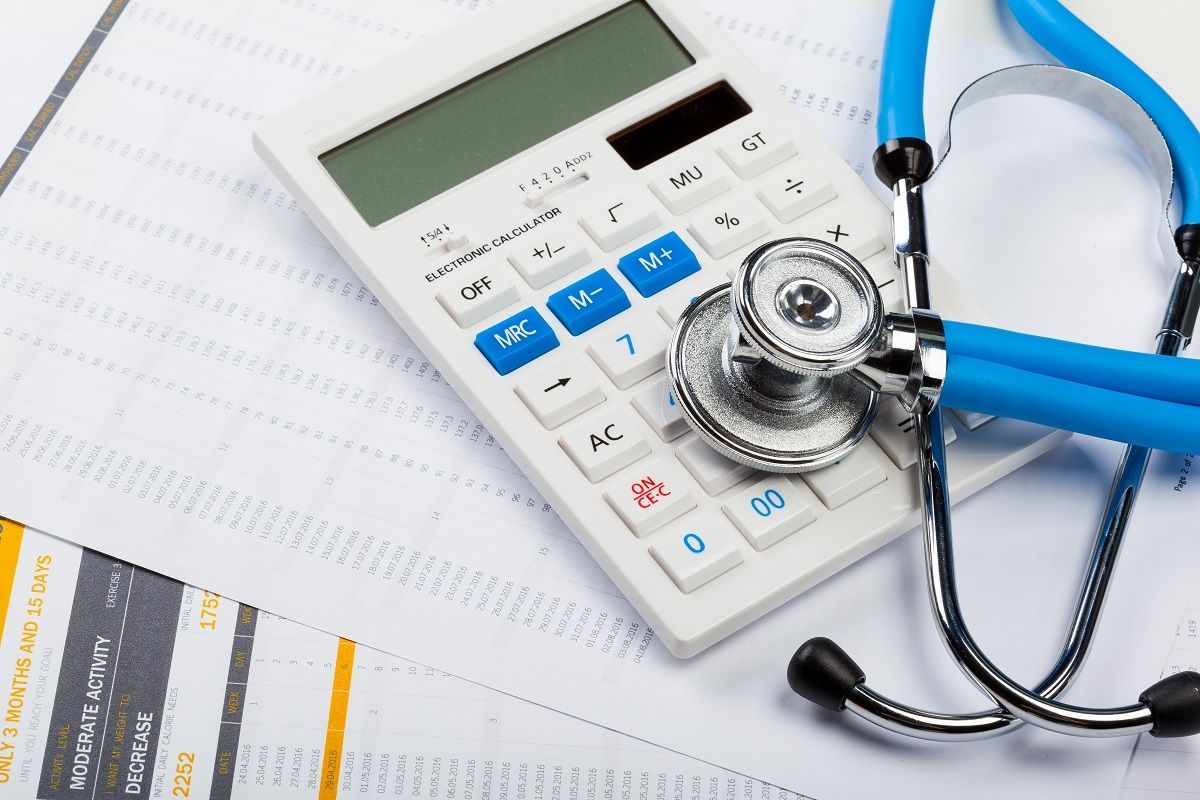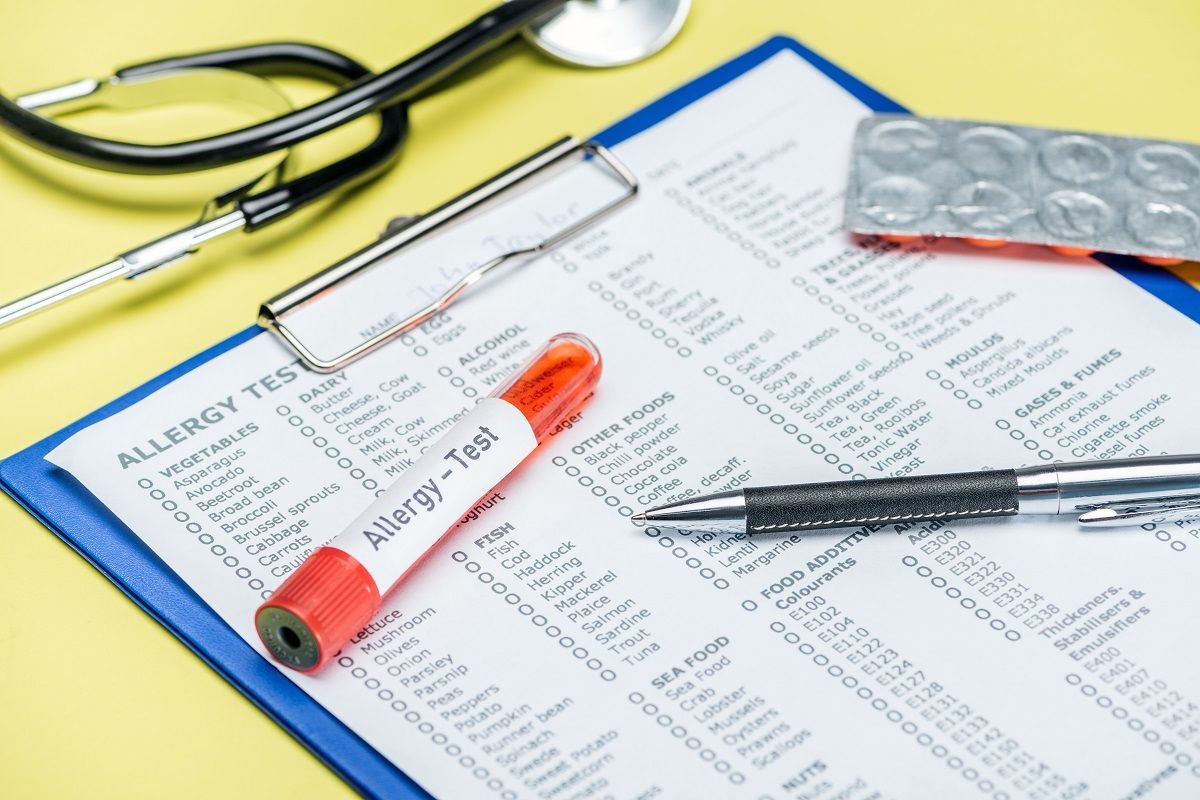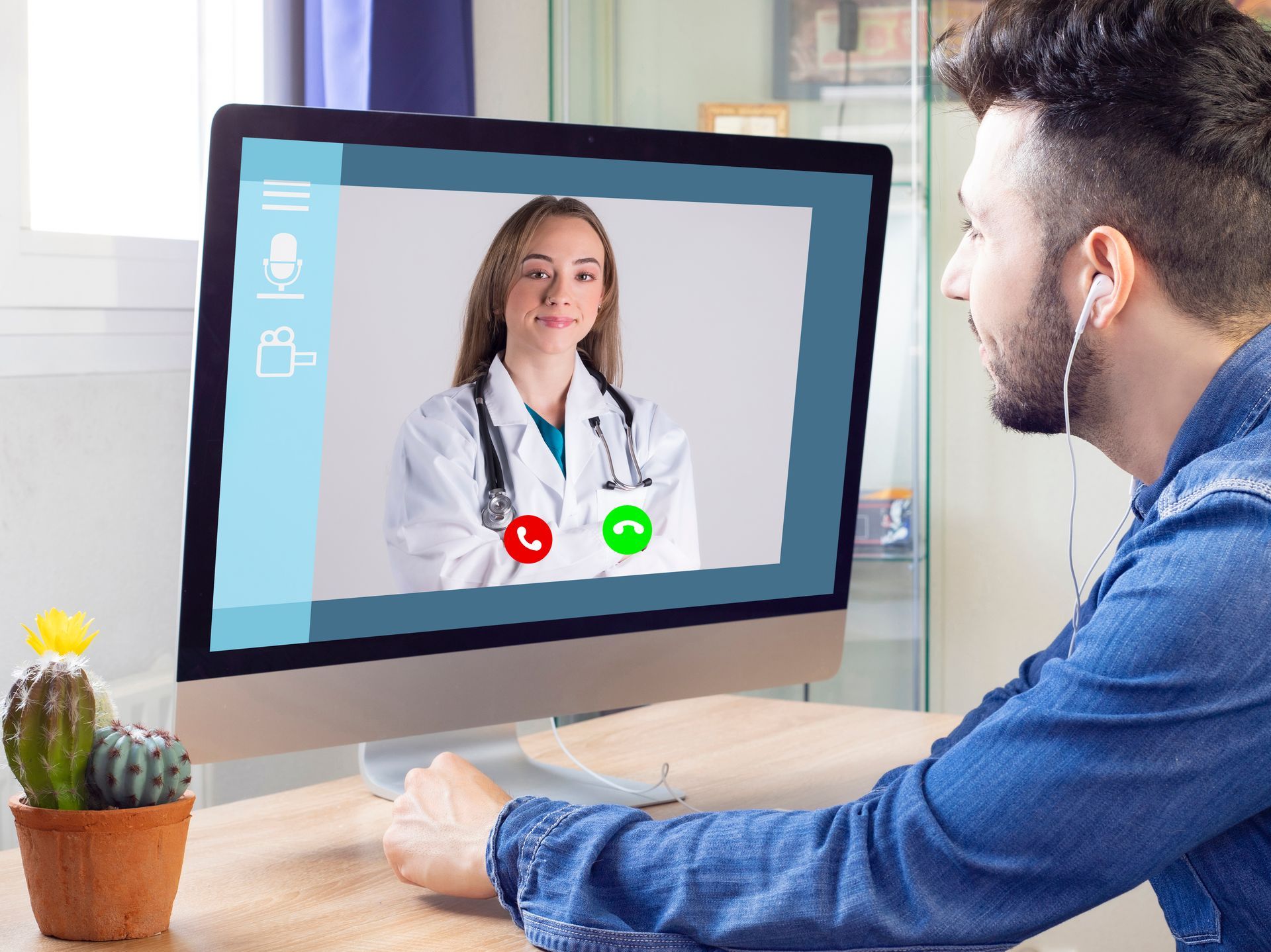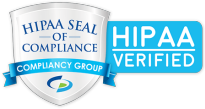Unintentional HIPAA Violations You Need to Look Out For
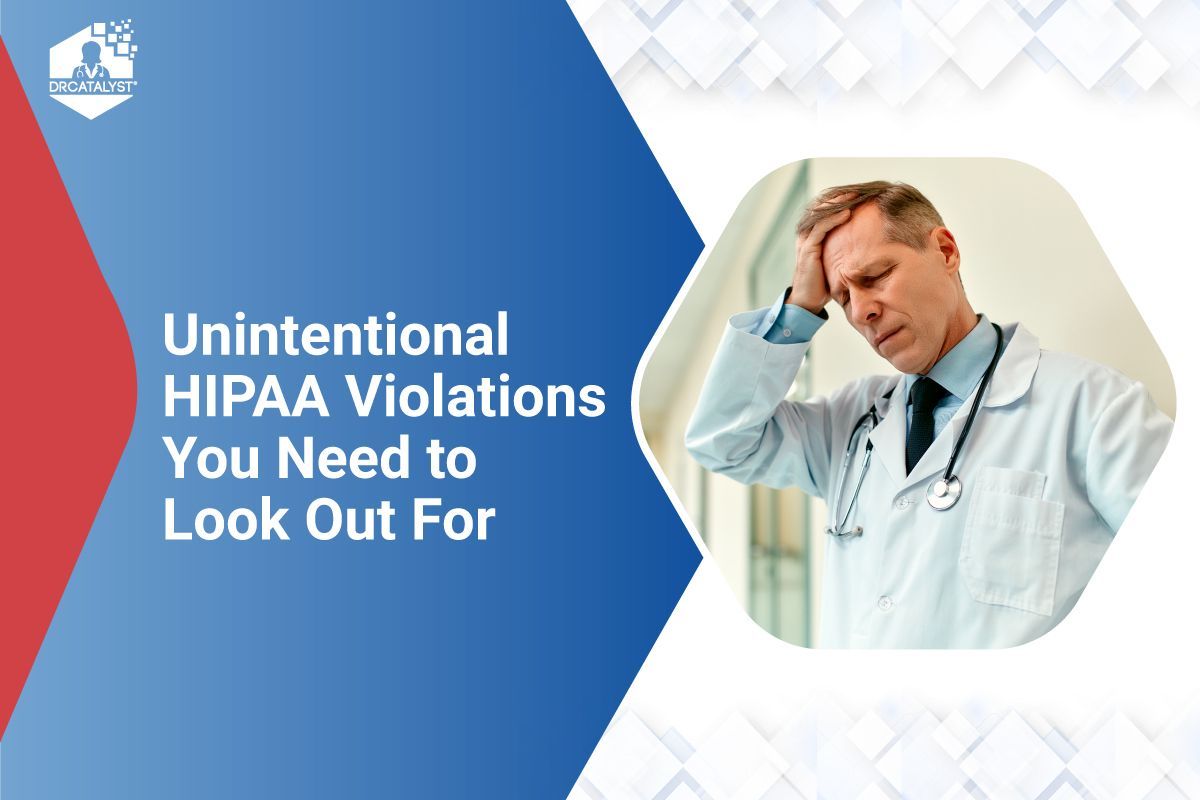
The Health Insurance Portability and Accountability Act is a federal law that sets the bar for the secure handling of protected health information (PHI) by healthcare providers and covered entities. But beware, HIPAA's strict standards also make every misstep a potential HIPAA violation, so handle PHI with care.
Do Unintentional HIPAA Violations Happen Often?
The Department of Health and Human Services received reports of over 3,000 HIPAA violations between 2009 and 2019. However, they did not specify how many are accidental HIPAA violations. The complexity of HIPAA and human nature likely contributed to many of these 3,000 breaches.
What Are Some Examples of Unintentional HIPAA Violations?
1. Emailing Patient Information to the Wrong Recipient
Avoid unintentional HIPAA breaches by double-checking the recipient's email address before sending sensitive patient information. Accidentally sending an email to the wrong person is a common mistake that can lead to a violation. Stay compliant by being vigilant with your email communication.
2. Leaving Patient Information Unsecured
Leaving unsecured patient information is one of the most common unintentional HIPAA violations. It is important to secure all patient information to prevent unauthorized access by encrypting it and protecting electronic devices with a password to avoid HIPAA violations caused by lost or stolen laptops or mobile devices.
3. Failing to Dispose of Patient Information Properly
Properly dispose of old patient information to prevent unauthorized access. If not disposed of correctly, it can fall into the wrong hands. Shred or destroy paper records containing patient information and use a secure data destruction service for electronic records to avoid HIPAA violations.
4. Using Unsecured Methods, Such as Text Messaging, to Transmit PHI
Transmitting protected health information (PHI) through unsecured methods, like text messaging, can unintentionally lead to a HIPAA violation. It's essential to safeguard PHI by utilizing secure methods, like encrypted email or secure file transfer protocols, to stave off unauthorized access and align with HIPAA regulations.
5. Not Logging off or Locking Computer Screens When Leaving a Workstation Containing PHI
Forgetting to log off or lock the computer screen when leaving a workstation containing protected health information (PHI) can result in an unintentional HIPAA violation. A logged-off or locked computer screen prevents unauthorized access and ensures compliance with HIPAA regulations.
6. Allowing Unauthorized Individuals to Access PHI
Accidentally permitting unauthorized individuals to access protected health information (PHI) can result in an unintentional HIPAA violation. Ensure only authorized individuals have access to protected health information (PHI) by implementing security measures, such as secure login credentials, to remain compliant with HIPAA regulations.
7. Not Providing Notice of Privacy Practices
Not providing notice of privacy practices is a violation of HIPAA regulations. According to the law, covered entities, such as healthcare providers and insurance companies, must notify patients of their privacy practices. This notice must include information on how patient data is collected, used, and protected. It must also inform patients of their rights under HIPAA, including the right to access and request amendments to their medical records.
The failure to provide notice of privacy practices to patients can be considered a violation of HIPAA regulations. This can lead to penalties and fines for the covered entity and damage patients' reputations and trust.
8. Not Providing Adequate Training to Employees
A frequent reason for unintended HIPAA breaches is the lack of proper training for employees handling patient information. These employees must have a clear comprehension of HIPAA regulations and the correct methods for handling sensitive patient information. Neglecting to provide proper training can result in employees improperly securing patient information, disposing of it, or mishandling accidental disclosures, putting patient data at risk of violation. Ensure all employees receive comprehensive training to guarantee patient data security and prevent unintentional HIPAA violations.
Ensure employee HIPAA knowledge by providing regular training and updating them on regulations and policy changes.
You can also read the blog
How Can CEs and BAs Avoid Unintentional
HIPAA Breaches?
To avoid HIPAA violations, any covered entity (CE) or business associate (BA) must provide regular and current
HIPAA training to anyone under their supervision (employees, contractors, volunteers, etc.) who may have access to protected health information (PHI).
The training should focus on the most frequent HIPAA breaches and the necessary measures to maintain the confidentiality of PHI. Additionally, the employer should implement policies that protect against accidental violations, such as policies for keeping workspaces clear of PHI.
Also, read
Will Accidental HIPAA Violations Result in Employee Termination?
The consequences for employees who unknowingly violate HIPAA can vary depending on the company's policies. Typically, employees who make a one-time mistake are not at risk of losing their job. However, if an employee has a history of HIPAA violations, it can lead to termination despite being unintentional. Employers often acknowledge that mistakes can happen and that human error is a factor and may instead provide additional training to prevent future violations.
Partner with DrCatalyst
With DrCatalyst, HIPAA compliance is one less thing for you to worry about. We've got you covered on all your remote medical operations needs, and our goal is to improve healthcare alongside you. By handling your front and back office operations, we allow you to focus on what truly matters – patient care. And as an added bonus, schedule a free consultation with our medical billing experts today for a complimentary check-up on your . Don't hesitate, .
Useful Links
Contact
3100 Carr 199, STE 202
San Juan, PR 00926-7660
United States
Useful Links
DrCatalyst | All Rights Reserved.
Contact
3100 Carr 199, STE 202
San Juan, PR 00926-7660
United States
Useful Links
DrCatalyst | All Rights Reserved.


